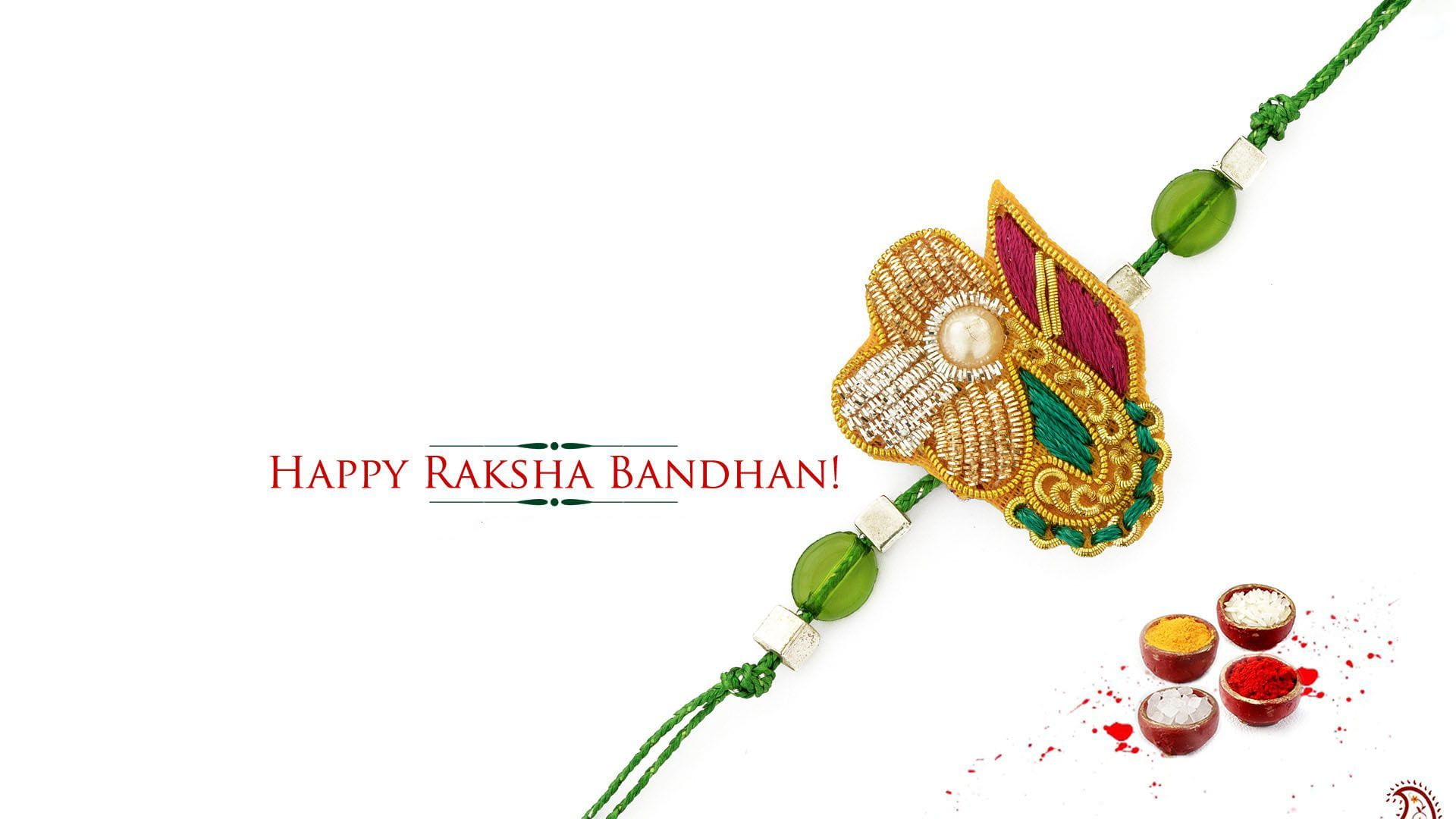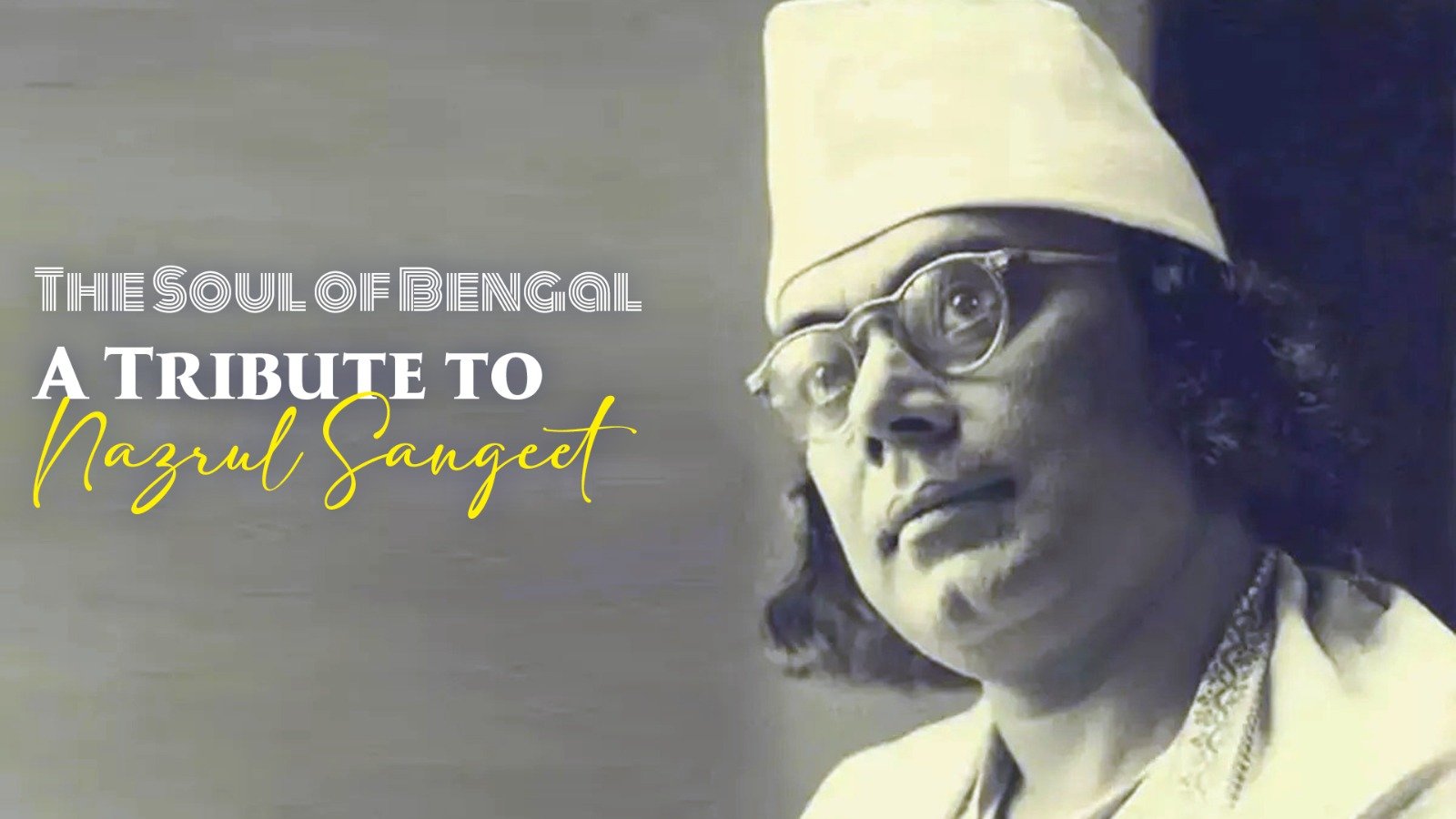Raksha Bandhan is a glorious festival celebrated by the Hindu religion in India. This festival is known to increase harmony and peace among the different existing faiths in India. In modern times, all the brothers from every kind of relation strengthen their promise to prevent their sisters from evil influences. People from other communities also celebrate it and have named it as Avani Avattam and Kajari Purnima.
It is also named Rakhi Purnima, as observed on the full moon day of the month of Shravan according to the lunar calendar. On this auspicious day, sisters tie a sacred thread to the brother’s wrist, intending to strengthen their bond.Rakhi Purnima, known as Raksha Bandhan, is a famous festival observed by the Hindu community. On this auspicious day, the brothers traditionally consolidate their oath to protect their sisters from any obstacle. The sisters worship their brothers, tie a holy bracelet on their wrist, and receive gifts and money from their elders.
Rakhi is the symbol of love and unity, but if we study Hindu mythology, it is concluded that rakhi was not performed traditionally by siblings in ancient times. The wives conducted their rites on their husbands. In the legendary tale of Lord Indra Dev and his wife Sachi, Lord Indra went on a fierce battle with a powerful demonic king Bali. Fearing the threatened life of Lord Indra, his wife Sachi tied a pious bracelet to her husband’s wrist that was given to by Lord Vishnu. Thus, in ancient times the tying of thread has become a tradition for married couples, but in the present time, it has extended from brothers and sisters to every kind of relationship.During the British raj, this holy festival was celebrated to promote friendship and unity among different communities disturbed by foreign rule intervention.
The festival is not only observed by the Hindus but also by people belonging to other communities. As such, it has been named differently. For instance, in South India, Raksha Bandhan is called Avani Avatar. In some regions, it is called Kajari Purnima.
Raksha Bandhan
Jesica Sen
||
Post On > Aug 23 2023 ||






